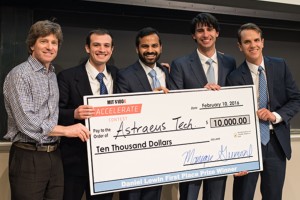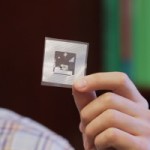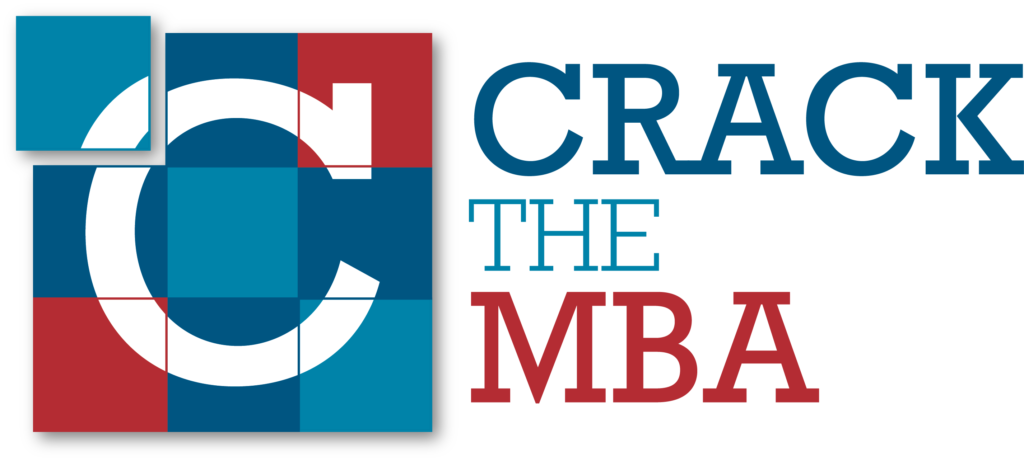A steady crop of young talent spilling into university halls, bubbling with innovative start-up ideas, but unfortunately with no start-up capital. Sound familiar? To salvage the dreams of these budding entrepreneurs, universities organize contests that provide cash, infrastructure and mentorship from industry stalwarts. They help individuals leverage their passion, intelligence and business acumen to establish a firm standing for themselves on the map of business.
MIT’s $100K Entrepreneurship Competition
Launched in 1989 as the MIT $10,000 Entrepreneurship Competition in a joint effort by the Entrepreneurs Club and the Sloan New Ventures Association, the MIT $100,000 Entrepreneurship is one such contest that helps deserving ideas shape into fully-fledged business ventures. The contest rapidly evolved the prize money offered, by bringing it to an all time high of $100,000 by 2006. Since 1990, this competition has helped over 160 companies find their feet in the sticky world of business.
Recognised as the nation’s leading business plan competition, it is managed entirely by a student body, is overseen by the MIT School of Engineering and is supported but MIT Entrepreneurship Centre at the MIT Sloan School of Management.
How does it work?
An individual or team can submit their entry as long as there is at least one current registered MIT student. The entire competition spans over a period from September to May and is essentially segmented into three stages, as follows :-
- PITCH: The Elevator Pitch Contest
This is the first stage of the MIT $100K Competition, which takes place in Fall. This entails 90-second speeches, delivered in rapid succession, with individuals pitching their rough idea in front of a panel of judges and a live audience, receiving critique and constructive feedback, which guides the course of action that their idea shall adopt. It also allows prospective teammates to get acquainted with each other, and work towards taking an idea towards its big launch.
- ACCELERATE: Prototyping
The second stage of the competition takes place in Winter. It essentially involves the prototyping of the business idea. The teams that have qualified the Pitch are assigned a small-budget funding and are directed if industry experts who mentor them as they test the manifestation of their idea into a viable product or service.
- LAUNCH: The Business Plan Contest
The culminating stage of the year-long competition takes place in the Spring, allowing 10 qualifying semi-finalists from all submitted business plans to present the fully developed business plan before a live audience in Cambridge, Boston. The presentations allow the teams to attract prospective sponsors, elite mentorship and funding. The award ceremony felicitates the top team with $100,000.
ACCELERATE Winner 2016 (Stage Two Winners)

Team Astraeus – Winners of Accelerate Competition (MIT $100K Competition Stage Two)
Selected from a pool of 20 worthy semi-finalists as the top team, Astraeus, founded by Alex Blair, Jay Kumar, Graham Lieberman and Joseph Azzarelli, won the $10,000 prize and an additional prize of $3,000 for winning the audience choice at ACCELERATE. They went in to win the audience prize at the MIT Sloan Healthcare and Bioinnovations Conference.
About Winning Team Astraeus’s Technology

Stamp-Sized L-CARD
During the research period, Blair stumbled upon a paper about a gas sensing technology known as a CARD (Chemically Activated Resonant Device) which could be activated when exposed to a certain gas. Azzarelli, CARD’s inventor, joined forces with Blair, Kumar and Lieberman to develop this technology for the detection of lung cancer – the L-CARD, which in sync with a smartphone application would enable physicians to diagnose lung cancer within seconds of the screening.
How does this help us?
Currently, the most commonly used method to screen for lung cancers is the CT scan which is expensive, inaccurate and unsafe. Consequently, it’s inaccessible to a wide majority, allows cancer to advance undetected for long periods and exposes patients to harmful radiations.
On the contrary, the L-CARD is a fairly inexpensive device which limits the screening barriers to a bare minimum, efficiently cutting down the risks that tag along.
After Team Astraeus’s pitch, the judges went silent for a solid 30 seconds, comprehending the sheer brilliance and great utility of this technology.
The team now plans to extend their invention to various other types of cancer, making it specific to the type of gas that could be detected form the respective patients. We wish them the very best in their lofty ambitions!
